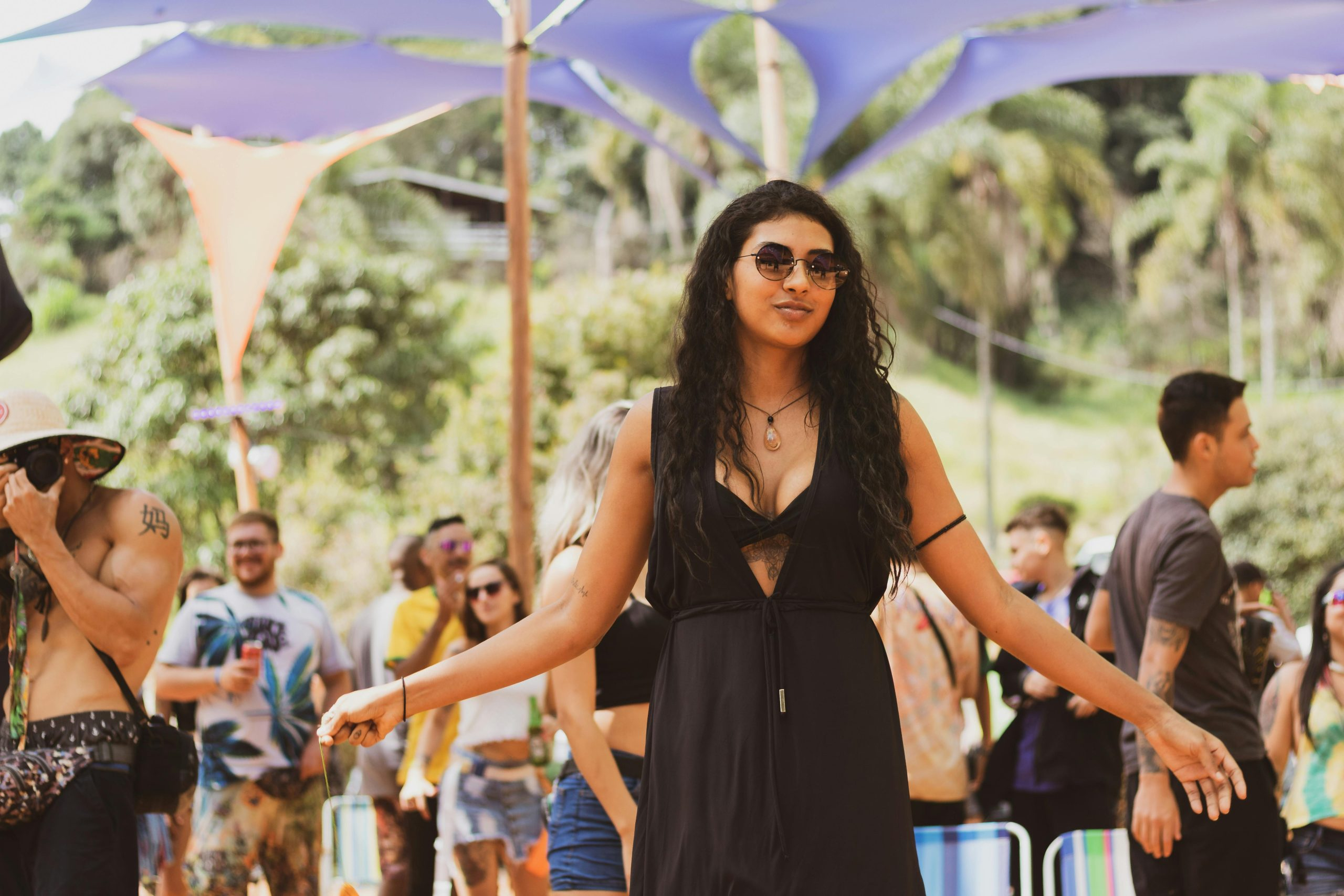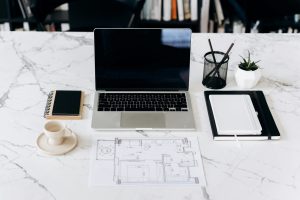Navigating the Pressures of Social Media Comparison Culture
Social media has become an integral part of our lives, allowing us to easily connect with others, share our thoughts and experiences, and discover new ideas. However, with the constant scrolling, liking, and sharing, comes a new culture – the comparison culture. This is the pervasive need to compare ourselves with others based on what we see on social media.
Navigating the Pressures of Social Media Comparison Culture
Social media comparison culture is the result of constantly being bombarded with the seemingly perfect lives of others. It’s human nature to compare ourselves to others, but social media amplifies this behavior. We often see carefully curated and edited snippets of people’s lives, leading us to feel envious, insecure and dissatisfied with our own lives. This can have detrimental effects on our mental and emotional well-being.
The Dangers of Social Media Comparison Culture
One of the biggest dangers of social media comparison culture is that it can greatly affect our self-esteem. We start to feel like we’re not good enough, not successful enough, not attractive enough, or not happy enough, based on what we see on social media. This can lead to feelings of inadequacy and even depression. In addition, constantly comparing ourselves to others can lead to imposter syndrome, where we feel like we don’t belong or aren’t as capable as others.
Social media comparison culture can also create a sense of FOMO (fear of missing out). We see other people’s lives through rose-colored glasses and feel like we’re missing out on all the fun and excitement. This can lead to a constant need to be connected to our devices and a fear of disconnecting from social media.
Tips for Navigating Social Media Comparison Culture
If social media comparison culture is negatively impacting your mental and emotional well-being, here are some tips that can help:
1. Limit Your Time on Social Media
The most obvious solution to dealing with social media comparison culture is to limit the amount of time you spend on social media. This doesn’t mean completely disconnecting from social media, especially if it’s a valuable tool for staying connected with friends and family. But try to set a time limit for yourself and stick to it. The less time you spend scrolling through curated feeds, the less you’ll have to compare yourself to others.
2. Practice Gratitude
Social media can make us forget to appreciate what we have in our own lives. Instead of constantly comparing ourselves to others, try practicing gratitude for what you have. Make a list of things you are thankful for, big or small. This can help shift your focus from what you don’t have to what you do have.
3. Be Mindful of Your Self-Talk
Pay attention to the things you say to yourself while scrolling through social media. Are you constantly putting yourself down or feeling envious of others? Try to catch yourself in those moments and reframe your thoughts. Remind yourself that what people share on social media is only a small part of their lives, often carefully selected and edited.
4. Surround Yourself with Positive Influences
The accounts you follow on social media can greatly impact your mental and emotional well-being. Surround yourself with accounts that promote positivity, authenticity, and self-love. Unfollow accounts that make you feel bad about yourself and your life.
Final Thoughts
It’s important to remember that social media comparison culture is a constructed reality. What you see on social media is not the whole truth, and it’s important to not let it negatively impact your life. Focus on your own journey and the things that truly matter to you. With a healthy mindset and a better understanding of the comparison culture on social media, we can navigate through it and use social media in a more positive and meaningful way.
In conclusion, it’s time to break free from the pressures of social media comparison culture and embrace the uniqueness of our own journeys. Let’s use social media as a tool for connection, inspiration, and self-expression, rather than a tool for comparison and self-doubt.










